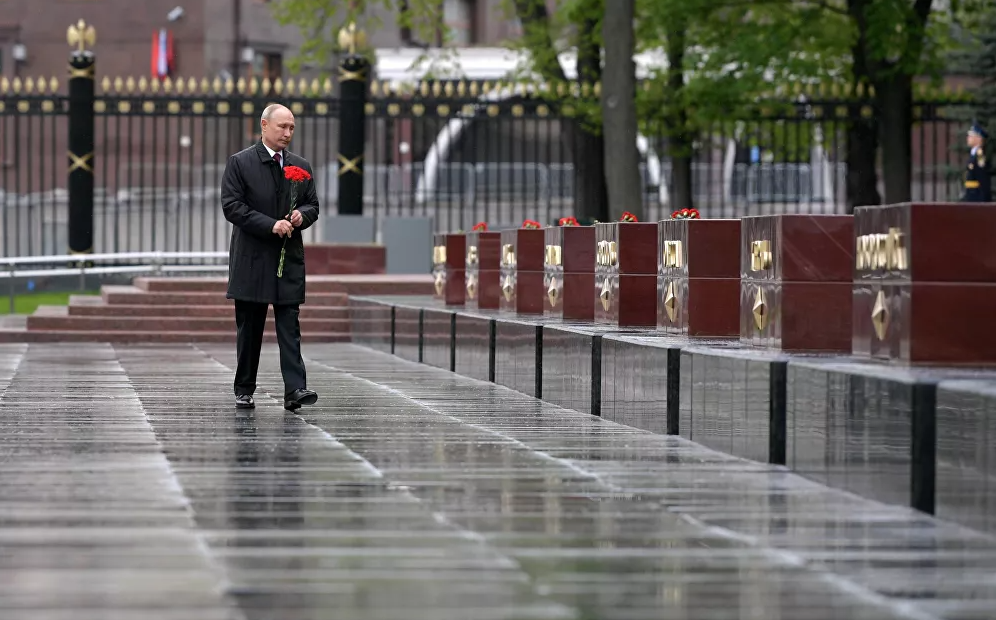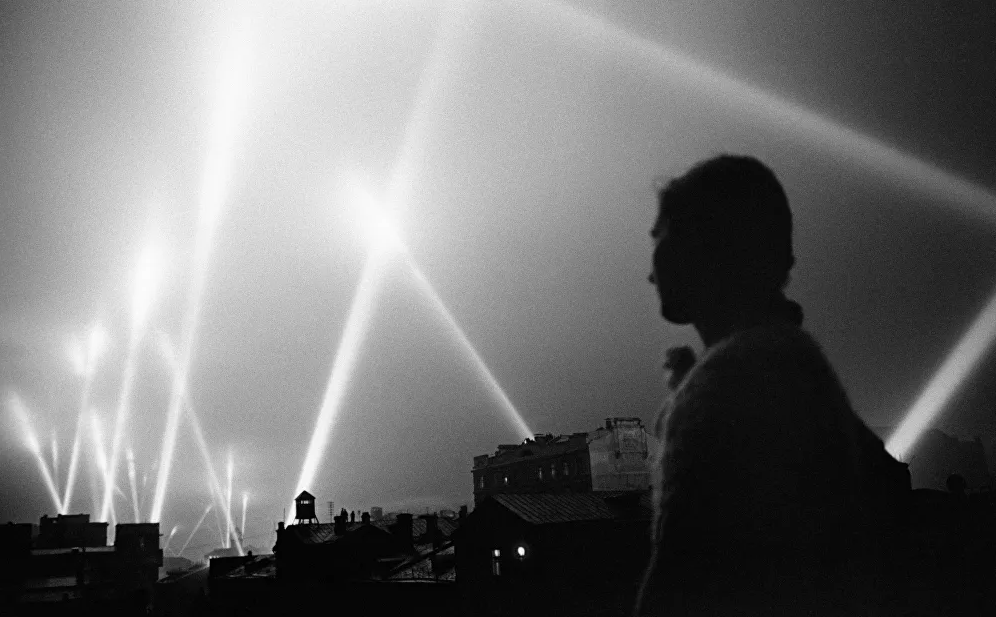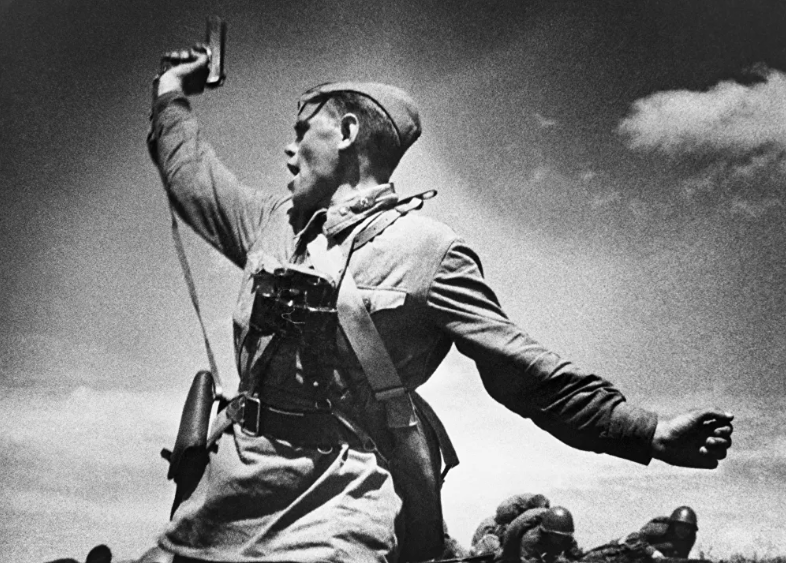
By Jorge Arreaza Monserrat – Jul 20, 2020
Truth was called upon to be the fundamental sign of modernity. Gone were superstitions and medieval obscurantism. We arrived at the enlightenment where the facts could be checked through empirical verification. Sedition and deception deserved Christian burial and to become the bad memory of a bygone era. But the ambition of the capitalist system buried the idea of historical truth.
It tried to do it, for example, through that reckless thesis of the “end of history” by Francis Fukuyama, and then, sheltered by the corporations of public opinion in which reality is despised and a Hollywood script is rebuilt that elevates the worth of some and tries to bury the sacrifice and courage of others.
A suit tailored to the dominant hegemony. This mechanism is especially used to eradicate dissent.
The media operations are taken to unsuspected limits that merit an analysis, as Rene Descartes made, by fostering doubt in the face of any written word, any image emitted and even in the “facts” spread.
There is an axiom that says that history is written by the victors. But that postulate collapses the logic of hegemonic liberal pride. This year marks no less than 75 years of victory over fascism and its racist and totalizing claim. For reasons of our diplomatic work and the deep friendship that unites us with the Russian people, on June 24, it fell to us to witness the lavish parade organized by the Russian Federation to pay tribute and remember the enormous sacrifice of the people and the Soviet army.
In this context, we see with astonishment the unacceptable pretension to erase the immeasurable feat of the Russian people by the corporate media of the West. They crudely intend to disappear 27 million Soviet lives that we remember with honor and pain today, as a terrible cost of the Great Patriotic War.
Who can deny that in 1945 the military strategy of the Red Army and the sacrifice of the Soviet peoples were the determining factors in the surrender of Nazism? No one doubts that each of the allied actors made admirable and heroic proportional contributions. Much less can reality be manipulated by pretending to dismiss and, worse still, ignore the leading role of the Soviet Union.
In defense of the truth, President Vladimir Putin published a lucid document explaining what should need no explanation whatsoever. Beyond the remarkable historical rescue exercise based on verifiable facts, this article incorporates a great lesson in world politics. It is based on a reflection so as not to repeat a cycle of such excessive violence between human beings.

It does so by evoking the tragic sense of what this moment was for humanity. He affirms that the fundamental purpose is to understand the true story: “Our responsibility before the past and the future is to do everything possible to avoid repeating these terrible tragedies.”
RELATED CONTENT: Putin on 75th Anniversary of WWII: Shared Responsibility to History and Future
This evocation of the tragedy suggested by the Russian president allows us, in turn, to conjure the famous Danish prince, Hamlet, from the pen of the playwright William Shakespeare: “The time is out of joint” (I.5.190): the time is dislocated. The world is out of place, out of its mind, and medieval specters reappear through deception.
History and humanity are not in their right place. Vladimir Putin’s text corrects the dislocation of the informal discourse of the Western hegemonic propaganda machine. Following a very pedagogical path, he goes to the origin of the causes of war:
The root causes of World War II stem largely from decisions made at the end of World War I. The Treaty of Versailles became a symbol of profound injustice to Germany. In fact, it was about the robbery of the country, which was forced to pay the Western allies huge reparations that drained its economy. The commander-in-chief of the allied forces, French Marshal Ferdinand Foch, prophetically described the Versailles Treaty: “This is not a peace, it is a truce for twenty years.”
He walks through the causes of inequality and arrogance, the abandoning of politics and understanding the other in a world in conflict, out of place, dislocated. To this he adds the failure of the League of Nations, which “proved ineffective and simply sank into an empty conversation.”
The history that this document shows us warns us the exercise of arrogance in politics. The causes of war are nothing more than the renunciation of the sincere and understanding dialogue of the other. We will return to this a bit later.
Continuing on his very well-documented exposition, Putin reconstructs all the negotiations that the various political actors did, such as the Munich meeting:
In the case of the Munich Accords, in which the leaders of the United Kingdom and France participated in addition to Hitler and Mussolini, with the full approval of the Council of the League of Nations, Czechoslovakia was divided. In this regard, I note that, unlike many of Europe’s leaders at the time, Stalin was not tarnished by a personal meeting with Hitler, who was then known in Western circles as a fairly respectable politician, was a welcome guest in European capitals. (…)
(…) Today, European politicians, especially Polish leaders, would like to silence Munich. Why? Not only because at that time their countries betrayed their commitments, they supported the Munich Accords and some even participated in the distribution of loot, but also because it is inconvenient to remember that in those dramatic days of 1938 only the USSR tried to defend Czechoslovakia.

Those who pretend to change or ignore history not only impose on the other — in this case the Soviet Union — the negative charge, but also show a selective memory to dissipate their own, at least questionable, actions.
In the printed version of the Western propaganda machine a kind of secret alliance between Nazism and Communism was fabricated, a diabolical spawn threatening the peace and security of world freedom. But the truth, as reflected in President Putin’s meticulous reconstruction, is that in a context in which all the countries of Europe negotiated
(…) the Soviet Union signed the Non-Aggression Treaty with Germany, in fact, it is the last country in Europe to do so. And against the background of the real danger of facing a war on two fronts: with Germany in the west and with Japan in the east.
In an exercise in self-criticism of his own tradition, he never exculpates the mistakes that the Soviet command could make, but he puts into perspective the political and military chess that was woven before the imminence of the conflict. When gunpowder and blood covered the entire European territory from the fearsome amoral scaffolding of death that Nazism forged, the Russian people, the Soviet peoples, showed their faces and exposed their chests in the name of humanity.
The story, full of precision and support in historical documents, goes through each one of the decisions of the Red Army, showing that it never supported the Germans and that until the last moment it calculated their incorporation into the conflict. We all know the result. It would have been impossible to stop Nazism without the sacrifice of more than 27 million Soviet lives.
Vladimir Putin’s reflection on this process is magnanimous, brave and measured. Far from stridency, consistent with historical truth, acknowledging each of the contributions of the military and political forces that faced the threat and placing on the table the need to remember the historical account from the truth to avoid new cycles of violence for the foolish obsession of wanting to steal laurels of victory and sacrifice from those who deserve them.
If history is not learned, it is repeated until we learn the lesson. Putin tells us:
I write about it without the slightest intention of assuming the role of judge, of accusing or justifying anyone, much less of initiating a new round of confrontation of international information in the historical field, which can collide between states and peoples. I believe that the search for balanced evaluations of past events should be carried out by academic science with a broad representation of licensed scientists from different countries. We all need truth and objectivity. (…) Forgetting the lessons of history inevitably costs dearly. We will firmly defend the truth, based on documented historical facts, and continue to speak honestly and impartially about the events of World War II.
The tragedy of history misrepresented for the sole purpose of denying the other. This dislocated time that President Putin places in its proper dimension. But it also tells us of another tragedy. The death of millions of human beings. Why did they die? What is the origin of this tragedy, of that dislocated time ?
Eduardo Rinesi, an Argentine thinker, invites us to pay attention to the idea of tragedy as a mediation of politics. He explains that tragedy is a literary figure of what is terrible, that it has no solution because it ends in death. It is that which goes beyond politics, which happens when the political exercise – that which saves us from blood becoming a river – fails. War is precisely a tragedy, because war is what happens when we run out of arguments to reconcile in the face of conflict.
But tragedy only makes sense if you look through the glass of dialectics. If those terrible things that happen and that have no reparation – like all the dead of the Great Patriotic War – somehow serve us to be able to reflect and not make the same mistakes. That is what the Russian president points to in his article.

The denial of history for supremacist purposes, the non-recognition of the other, arrogance in discourse and action, lies and deception, lead us to revive and repeat the tragedy, does not allow us to learn from its terrible lessons. President Putin calls for truth so that we can learn from the tragedy and start new logics for politics and conflict resolution, otherwise the sacrifice would be in vain:
We are defending the truth about war, bluntly and avoiding shortcuts. This popular and human truth, hard, bitter and ruthless, was transmitted to us in large part by writers and poets who went through the fire and hell of the trials of the first line of combat. For me, as for other generations, their honest and profound stories, novels, the lieutenant’s penetrating prose and poems left their mark on the soul forever, they became a testament that prescribes honoring the memory of the veterans who did everything. possible for victory, remember those who remained on the fields of battle.
The world’s challenge, after 75 years since the tragedy of the war, is to put our time in its right place. It is essential that international diplomacy develop a greater capacity for dialogue. That politics be resumed as an exercise in conflict resolution. That the norms of International Law, which were built precisely in the heat of the teachings that World War II left us, are respected from the conviction that it is the only way not to return to the path of war. That the sovereignty of states, their principle of self-determination, be recognized. That unilateral coercive measures which divert the spirit of political mediation, the cornerstone of the United Nations system, not be imposed.
The Bolivarian Republic of Venezuela is under siege by the imperialist forces. The excess and the absurdity of actions against a people whose only crime has been to forge and sustain their own destiny, aims to destroy the reflective spirit of politics. That is why today we return to the reflection and analysis embodied in the article by the Russian president as a necessary word to retake the path of politics, of the recognition of diversity, of the true history of a humanity that has learned, through tragic sacrifices, the value of peace.
Enough of manipulation, enough of siege, enough of tragedies that can be prevented. Today we straighten out this dislocated time. Let the truth not be the victim of arrogance and power. May the truth lead us on the path of justice, towards inexorable world peace.
Featured image: file photo.
Translation: OT/JRE/EF

Jorge Arreaza Montserrat
Jorge Alberto Arreaza Montserrat is a Venezuelan politician who has held several important positions in the administration of President Hugo Chávez and his successor Nicolás Maduro. Since August 2017, he is currently serving as Minister of Foreign Affairs.
- Jorge Arreaza Montserrat#molongui-disabled-link
- Jorge Arreaza Montserrat#molongui-disabled-link
- Jorge Arreaza Montserrat#molongui-disabled-linkOctober 6, 2020
Tags: Germany Great Patriotic War Nazi peace Russia truth US Sanctions Venezuela Vladimir Putin World War II WWII
Share this:
- Click to share on Twitter (Opens in new window)
- Click to share on Facebook (Opens in new window)
- Click to share on LinkedIn (Opens in new window)
- Click to share on WhatsApp (Opens in new window)
- Click to share on Reddit (Opens in new window)
- Click to share on Telegram (Opens in new window)
- Click to email a link to a friend (Opens in new window)




